The government has admitted it does not know how much HS2 will ultimately cost – or when high speed trains will be running on the beleaguered rail project.
Dame Bernadette Kelly, the top civil servant at the Department for Transport (DfT), told MPs the official estimates of £54bn-£66bn for the London to Birmingham leg are not reliable.
Politics Live: ‘Showboating’ expected as Starmer faces ‘super committee’
That amount, quoted by HS2 Ltd at a board meeting as recently as June, is based on 2019 prices and does not account for inflation.
Dame Bernadette said the department did not “regard it as a reliable and agreed cost estimate”.
“I say with great regret… that is the situation,” she told the Public Accounts Committee (PAC) on Thursday.
She said coming up with an agreed cost estimate would be “extremely complex” and would not be done until “well into 2025”.
When accounted for inflation, £66bn in today’s prices is around £83bn.
Also present at the committee, the new chief executive of HS2 Ltd admitted the company had “failed” to keep costs down because of three “systemic” and “enduring” problems.
Mark Wild said construction started “way too early”, risks had not been managed properly and “productivity assumptions at the beginning have not come to pass”.
Mr Wild, who took up his role this month, has been tasked by ministers to assess HS2’s current position on cost, schedule and capability as part of the new Labour government’s plans to “reset” the project.
He told MPs he’d need to be “circumspect” about when the scheme would be complete.
“You would hope that in the 2030s you would have a functioning railway, but the truth is I do need to do the work,” he said.
Read More:
More than £232m paid in compensation for HS2 line that will never be built
Ministers to oversee HS2 and contractors face review as costs allowed to ‘spiral out of control’
Trains are expected to start running at some point between 2029 and 2032, but both Mr Wild and Dame Bernadette said this timeline was “under pressure”.
Summing up the evidence session, PAC Tory chairman Sir Geoffrey Clifton-Brown, said: “We don’t know when the reset is going to take place, we don’t know what the cost is going to be, and we don’t know when it is likely to come into operation.”
‘Appropriate’ to build £100m bat tunnel
Mr Wild was also challenged on the building of a £100m bat tunnel and said it was the “most appropriate” way to “comply with the law”.
“I understand why that would raise public concern; it seems an extraordinary amount of money,” he said.
“At the end of the day, HS2 Ltd must obviously comply with the law, and the law says that we must mitigate damage, harm, to protected species.”
The cost of the bat “shed” was revealed last month by the company’s chairman Sir Jon Thompson, who said it was required even though there is “no evidence that high-speed trains interfere with bats”.
Speaking at a rail conference, he said it was an example of the UK’s “genuine problem” with completing major infrastructure projects, saying the government-owned company has had to obtain 8,276 consents from other public bodies related to planning, transport and the environment just to build phase one of the railway.
Phase one will connect London to Birmingham, but phase two connecting the high speed rail line to the north of England is no longer going ahead after it was axed by the Conservative government last year in a hugely controversial move.
The project has been beset by spiralling costs and delays since it was first conceived in 2009 by Gordon Brown’s Labour government.
The original bill for the whole of the project – at 2009 prices – was supposed to be £37.5bn
Other changes to the original plan include a new terminus at London’s Euston station only having six platforms, rather than 11.
Experts say the smaller design will not be suitable if future governments want to expand high speed rail in the UK to the north – something many politicians in the region continue to call for.







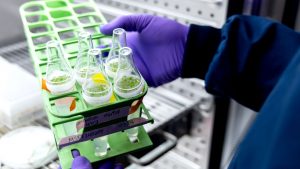




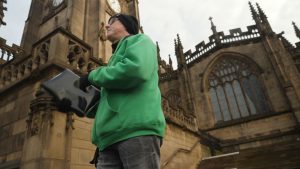
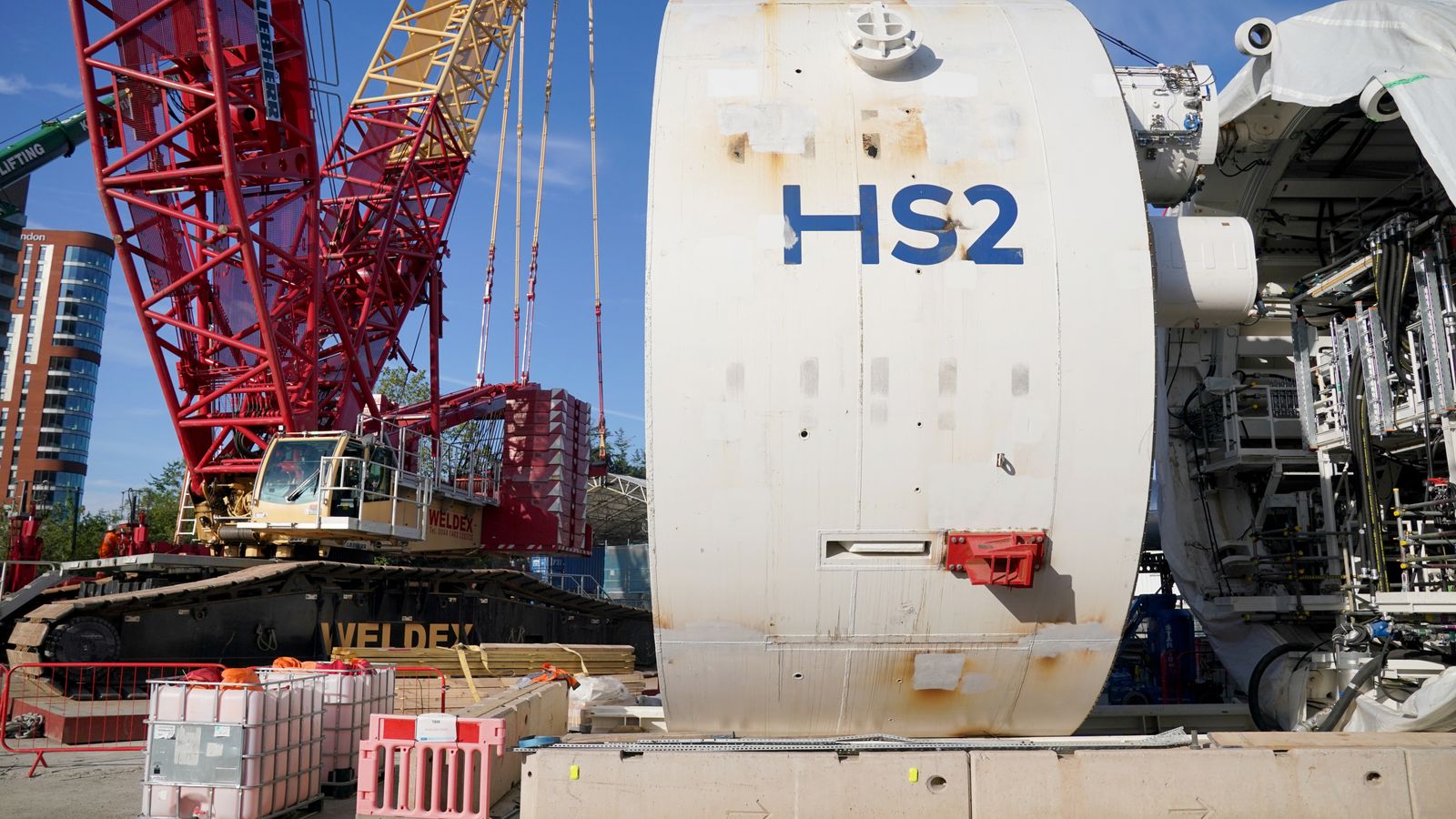
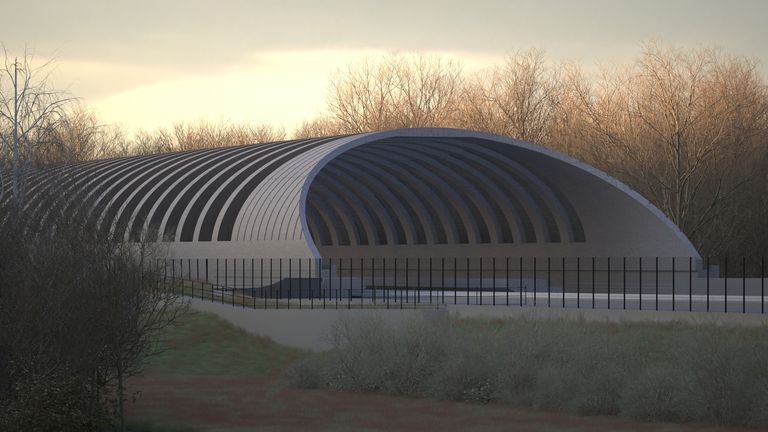
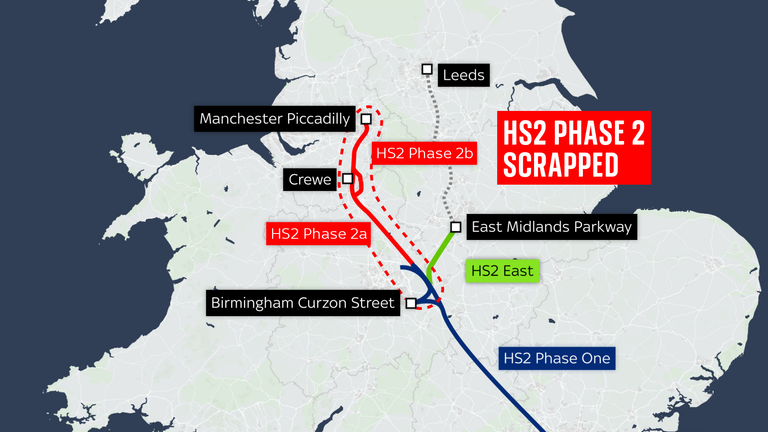
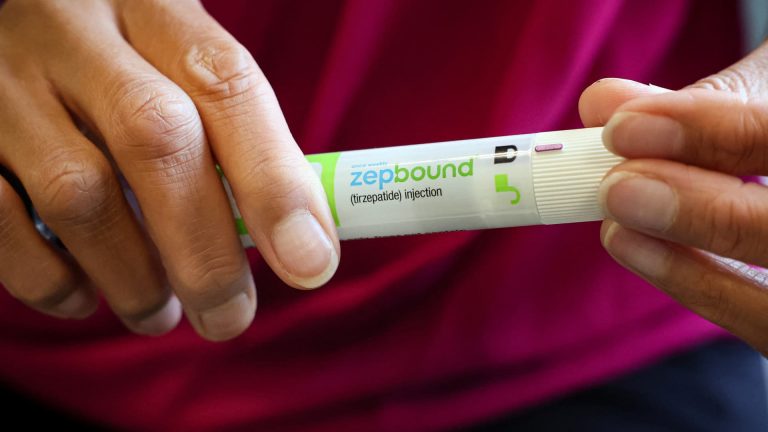
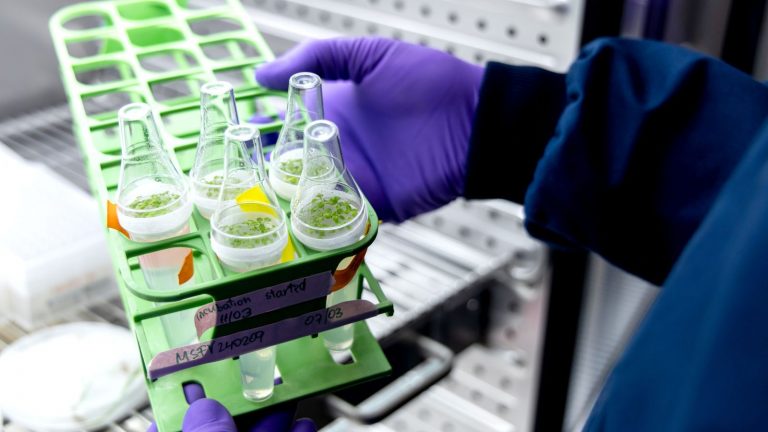

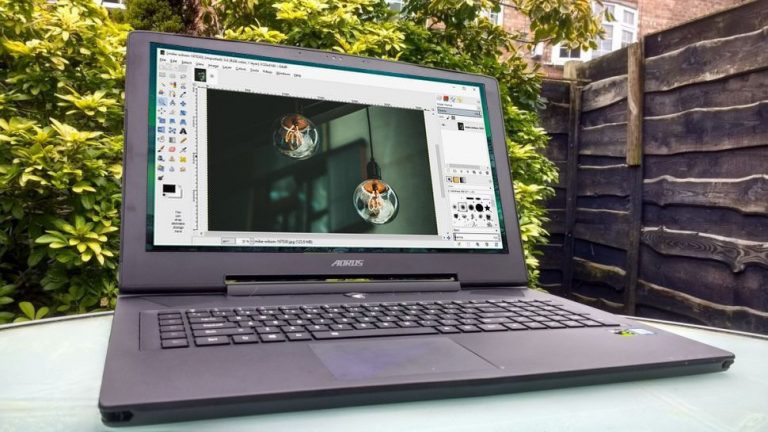


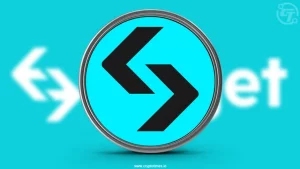

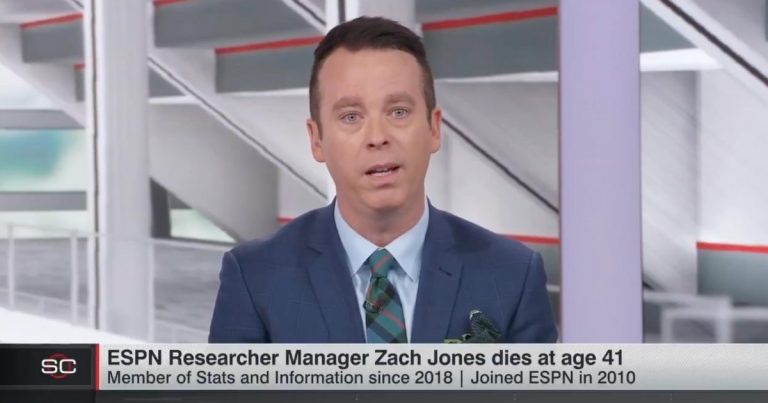


+ There are no comments
Add yours